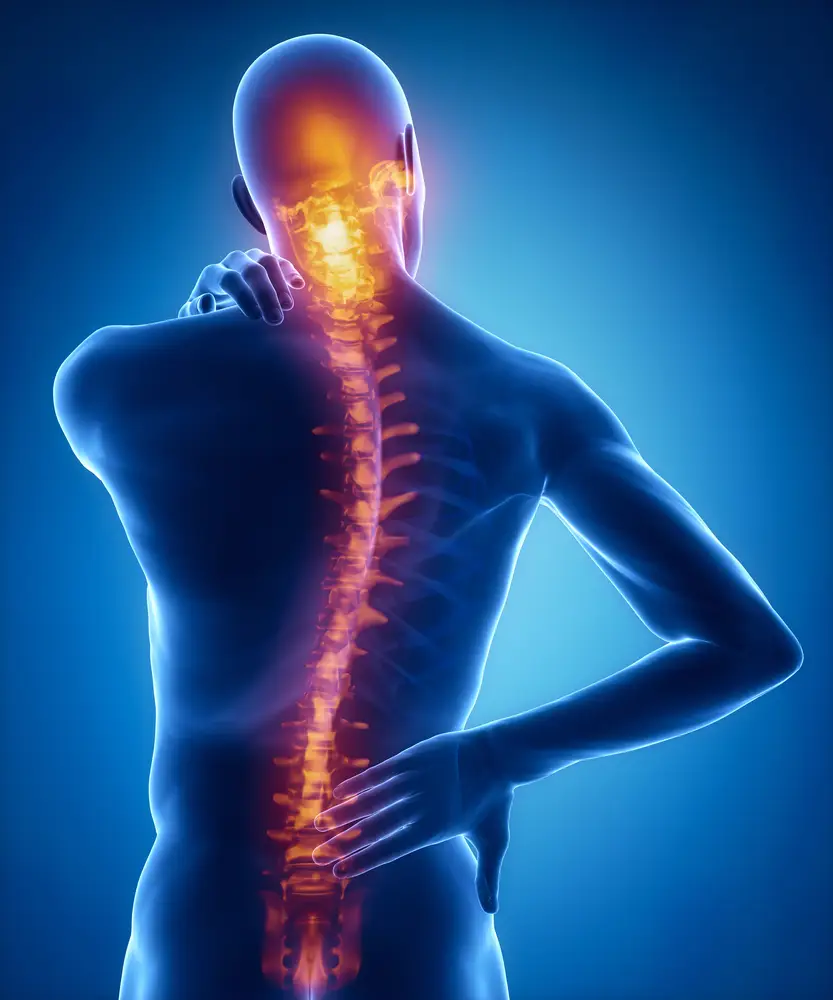Using human genes to diagnose and even prevent disease has been the primary motivation behind the mapping of the human genome. For those suffering the incurable condition of scoliosis, this prospect became a little clearer recently. For the spine experts at Texas Back Institute who treat hundreds of scoliosis cases each year, this is welcome news.
According to the University of Montreal, in February 2015 a French/Canadian research group discovered a critical genetic tie to the diseases. “Mystery surrounds the cause of scoliosis, which is a three-dimensional deformation of the vertebral column,” noted one of the co-authors of the study, Dr. Florina Moldovan of the University of Montreal and CHU Sainte Justine research hospital. Many researchers have been attempting to uncover the origins of the disease, particularly from a genetic point of view.”
“To date, many genes have been suspected of causing scoliosis among different populations, but the gene that causes the familial form of the disease remained unknown. Our discovery of the first causative gene is due to the support of the Foundation Yves Cotrel and our international teamwork, in particular with the leading co-author, Dr. Patrick Edery of CHU de Lyon hospital and Dr. Pierre Drapeau of CRCHUM. For a summary of the research, click here.
The First Step of Many More
News of this discovery was met with some excitement among the spine experts at Texas Back Institute, including Dr. Samuel Bederman, who specializes in scoliosis.
“I believe this research is important and the first step of many more,” noted Dr. Bederman. “This common form – called idiopathic scoliosis – of the disease, which was the focus of this research affects many more patients that other forms. It had been noted that there are family patterns to this disease, either the patient’s mothers or grandmothers typically had scoliosis. So, we have always suspected a genetic link, but we’ve never been able to put our finger on it.”
“This is really a big event because it identifies a specific protein which is along the path to the condition of scoliosis,” he said.
Treatment vs. Prevention
The spine experts at Texas Back Institute are on the leading edge of scoliosis treatment. The recent, high-profile operations of two Ethiopian youngsters performed by Dr. Theodore Belanger is a good example of the group’s international reputation for treating scoliosis. Dr. Bederman had an interesting insight about the difference between the treatment provided by surgeons such as himself and the potential for diagnosis or prevention of this disease.
“We are really on the downstream side of this disease,” he noted. “We see the effects after years of the progression of scoliosis in patients and we treat it with surgery. The goal of surgery is to stop the progression of the disease and to get it corrected to an acceptable level. This research is much more cutting edge and more ‘upstream.’ It is identifying, before the disease is evident, those who will develop scoliosis and then design strategies to prevent the disease.”
Are there other spine-related diseases which might be prevented by genetic treatment?
“We are aware of many genetic causes to spine curvature conditions,” Dr. Bederman noted. “However, most of these are not the most common (idiopathic) scoliosis. Other genetic abnormalities or chromosomal mutations resulting in short stature can result in spinal deformities. We see this genetic component in the atypical spinal deformities. However, in this very common condition, up until this research, we have not identified the specific gene that can lead to the familial cause.”
Will Genetic Research Transform Medicine?
Some medical experts feel the mapping of the human genome will have a transformative effect on treatment of all diseases. Dr. Bederman agrees.
“I think this is the next frontier,” he said. “I think there is a lot of information in the human genome that can provide us with the tools for preventing problems in the future. Mapping the entire human genome is a lot of work and there will be lots of new information that we might not know what to do with now, but I believe there will be a lot of good coming from it.”
Here is the full podcast:
If you or a family member suffer from scoliosis, the internationally respected experts on the disease practice at Texas Back Institute. Contact us for an appointment.


